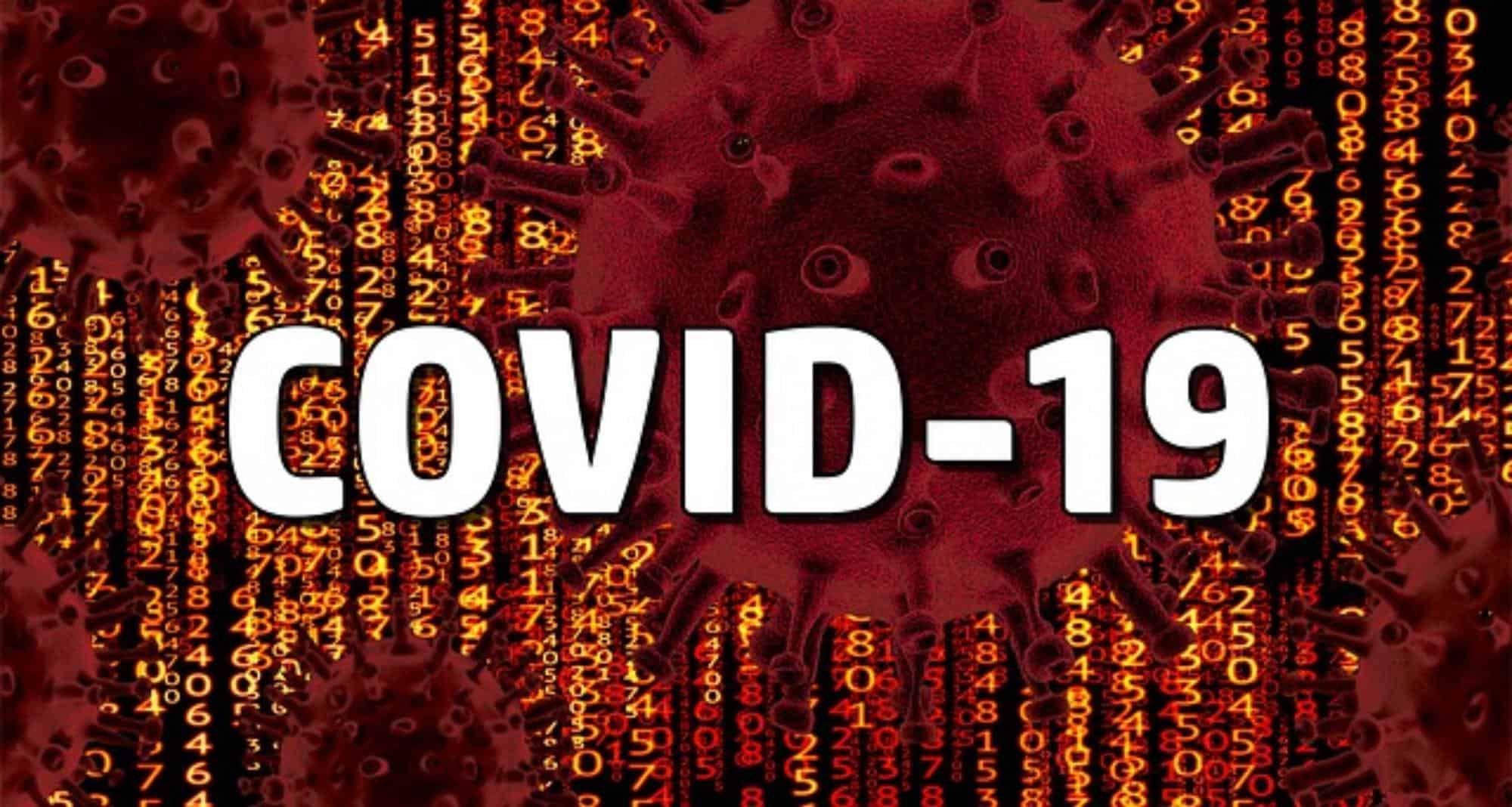Essential Hygiene Care You Must Know When Dealing With A Contagion Like A Coronavirus
Coronavirus is only the latest infectious disease circulating. Pegasus home healthcare professionals in Universal City and elsewhere share your concern. In this article, they describe the essential hygiene care you must know when dealing with a contagion.
Infections are caused by bacteria, fungi, parasites, or viruses. These are known collectively as pathogens. Pathogens usually invade your body through an opening, such as your mouth or nose.
As soon as pathogens find a home in you, they begin reproducing themselves. If your body can’t destroy the pathogens, they create an infection, such as a cold or a UTI. Many infections are contagious and easily spread from one person to another.
Careful Hand Washing Helps Prevent Infection
The best way to avoid an infection is to keep pathogens out of your body. That’s why all the experts emphasize good personal hygiene. Scrupulous handwashing is the number one way to prevent most infections.
If you possibly can, wash your hands after touching anyone or anything. Thorough hand washing includes the following steps:
- Get your hands wet and cover them with soap
- Rub your palms together, then rub each palm over the back of the opposite hand
- Rub your fingers from the second knuckles forward in your palms
- Scrub your thumb in the palm of the opposite hand
- Twist the tips your fingers in your palms to clean around the fingernails
- Rub your hands together under running water to rinse off the soap
- Unless the faucet has been disinfected, use a clean towel to turn off the water
- Dry your hands thoroughly
The process should take a minimum of 20 seconds. As soon as you touch any surface, such as a doorknob, that hasn’t been disinfected, your hands are again contaminated.
Use an alcohol-based hand sanitizer when soap and water are not available. The sanitizer should be at least 60 percent alcohol to be effective. Apply a generous amount of the sanitizer to your hands, then rub it over every part of your hands.
There’s Still Much That’s Unknown About The Coronavirus
Many things about the coronavirus are still unknown. For example, it’s still unknown just what surfaces the virus can survive on. Nor is it clear yet how long it survives on the various surfaces.
It does, however, survive on some surfaces for undetermined times, and potentially contaminates your hands if you touch the surface. If you then touch your face without first washing your hands, you have exposed yourself to infection. Studies have shown that most people touch their face as often as 23 times an hour, often unconsciously.
Gloves are only a barrier between your hand and what you touch. Touching a contaminated surface while wearing gloves only transfers whatever is on the surface to your gloves. The contamination is transferred from your gloves to what you next touch.
Disinfect Your Home
Disinfect items in your home to reduce your exposure to coronavirus. Items to consider disinfecting include:
- Doorknobs and handles
- Electronics, including your phone
- Light switches
- Remote controls
- Tables and chairs
- Toilets, sinks, and faucets
The rule of thumb is anything that is commonly touched must be disinfected.
Some areas may need to be cleaned before disinfecting. Use your preferred cleaners and clean as you normally would. Do wear disposable gloves even if you don’t usually do so.
Bleach is known to kill coronavirus. Bleach must be used diluted. Unless you’ve used it on a particular surface before, test it in an inconspicuous area first.
A solution of 1/3 cup bleach to a gallon of water is an effective solution. If you don’t need that much, add four teaspoons of bleach to one quart of water. Never dilute bleach with anything other than water, and never mix it with other cleaners or disinfectants.
Use 70 percent alcohol or hydrogen peroxide on surfaces that bleach might damage. These are used full-strength. Disinfectants should be left on surfaces for at least one minute.
Unless you have manufacturer’s instructions available, use alcohol wipes on items like your phone. Follow manufacturer’s instructions on all cleaners and disinfectants. Those will tell you the items for which the product is safe.
Practice Social Distancing
The one thing that is clearly known about the coronavirus is that it causes COVID-19, which is a respiratory disease. The virus is transmitted through the air when an infected person coughs or sneezes. You may inhale those droplets, or they may land on a surface you touch.
You avoid the infection from surfaces with hand washing and not touching your face. How do you avoid the airborne droplets? By practicing social distancing first, and secondly, by wearing a mask.
Coronavirus droplets can travel six feet or more before landing on a surface. Social distancing means staying at least six feet away from everyone. Remember, COVID-19 is contagious even when an individual doesn’t have any symptoms.
Pegasus is a licensed Home Care Organization and a Joint Commission Accredited Home Health Care organization. Our home healthcare services in Universal City and our other locations enable you to stay safe at home. We are here to assist you and your loved ones at whatever level of care is necessary.

